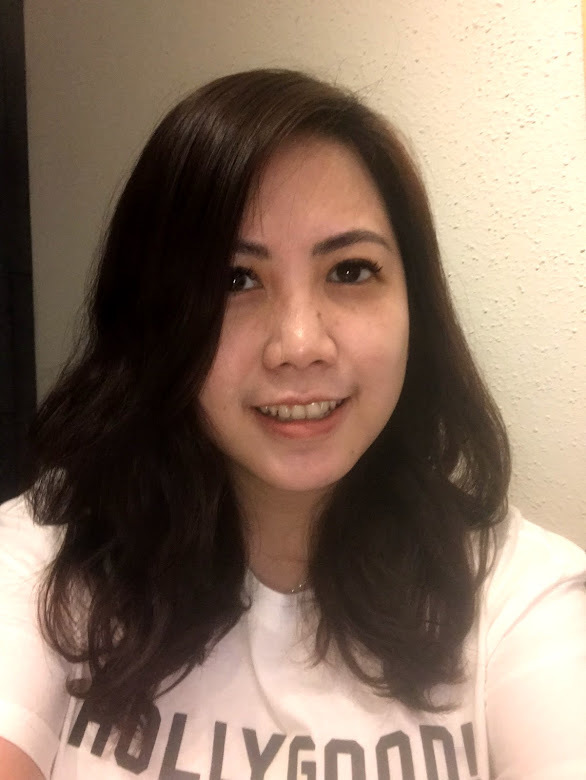CASE STUDY
L’Oréal Indonesia
Learn how Brandwatch helped L’Oréal improve their market share by equipping them with deep consumer insights
Book a meetingLearn how L’Oréal improved their market share by equipping themselves with deep consumer insights from Brandwatch Consumer Research
As one of the country’s leading companies in the field of fast-moving consumer goods, L’Oréal Indonesia makes the best of beauty available to consumers in the market.
Levina Herwanto, Senior Manager of Consumer, Market, and Digital Insights, is responsible for consumer research and data insights in the makeup category.
In this case study, she’ll take you through how Brandwatch has helped L’Oréal Indonesia to:
- Combine datasets for deeper insights
- Spot trends and track campaigns
- Segment conversations to find relevant insights for their brands
- Improve experiences and market share
“Art and science”: L’Oréal Indonesia’s approach to digital consumer intelligence
Levina’s team is constantly on the lookout for consumer insights. Prior to working with Brandwatch, the team collected various “traditional” forms of consumer data and worked with research agencies to gather insights that helped them understand their market and consumers. While these methods are tried and tested, they can be time consuming and don’t necessarily offer the full picture. Levina is an advocate for combining new and traditional datasets to get a broader view.
When the team expanded into understanding social data through Brandwatch Consumer Research (BCR), they could combine all their various forms of consumer data to generate more meaningful insights.
"This is like art and science. In social media, it's all about interpretation and it’s important that we have data triangulation in place to get these insights right. The features available in Brandwatch help us to read unstructured data and pull insights from it."
The ability to test hypotheses and have a flexible view of past and present trends is really important for the team, and it's a key differentiator compared to traditional research methods.
"This is different from collecting primary data. With Brandwatch Consumer Research, we can always revise our data queries by adding more details and applying them historically which makes the whole process more flexible. When you only collect data based on customer interviews, there is only so much you can gather."
Spotting trends in the data
The team is also able to analyze specific topics that are trending within the market. An example is understanding the topic of anxiety during the Covid-19 pandemic.
"We’ve learned that although there are ongoing worries and anxieties around the pandemic, the tone has evolved. Back in the beginning, consumers were afraid of being infected. Now, the anxiety is around how to get vaccinated and what to do if they are infected. The vibe has changed from surviving to thriving."
With Covid-19 disrupting businesses, Levina noticed that use of Brandwatch helped to mitigate that disruption since data around new trends is so easy to find in the team’s dashboards. Since the beginning of the pandemic, the team has discovered a long list of ongoing trends that are important for them to track in order to develop their business strategy.
"What I like about Brandwatch Consumer Research is it’s really easy to use and gives us the ability to backtrack data, allowing us to see how consumers were back then and to see changing patterns since then. This allows us to be more accurate at trend spotting."
Campaign analysis
Speaking of trends, L’Oréal Indonesia is also able to look at how reactions have changed to campaigns over time.
For example, many luxury brands have been leveraging the power of Kpop. Being able to monitor how fans are reacting to these brands as a result of their partnerships with Korean ambassadors has provided the team with new insights on how consumer preferences and demands are changing.
The ability to analyze their own campaigns has also allowed L’Oréal Indonesia to understand what works, and to identify areas for improvement.
What features do the team at L’Oréal Indonesia particularly like about Brandwatch Consumer Research?
As a long-time customer, L’Oréal Indonesia has been able to retrieve better data coverage over the years as Brandwatch has continued to innovate and upgrade.
The team also loves the segmentation capabilities available within Brandwatch Consumer Research, which allow them to slice and dice the data into multiple product categories and more.
What impact does Brandwatch have on the business, and what does the future hold?
With Brandwatch Consumer Research, the L’Oréal Indonesia team is able to turn data into actionable insights that help them sharpen their strategy. The real-time nature of the data means they can be more agile, ensuring that product innovations and customer experiences are being improved continuously. By using social insights data to enrich understanding of consumers, L’Oréal Indonesia can perform better in the market.
This is also a result of strong collaboration within the team, as data dashboards built in Brandwatch are easy to access and share among the various stakeholders in the organization. This means they can build an understanding of the data in real time and make better-informed decisions in the moment.
"When data triangulation comes into play, you need to be collaborative and work closely with your team in putting the pieces together. Educating the team around various research methodologies including the use of social data is important and that has also contributed to our success."
All this added together has led to some great results for the team at L’Oréal Indonesia. They are now able to get to insights faster, and those insights have even helped them grow their market share in one product category.
As Levina’s team continues to leverage the benefits that Brandwatch brings, they are looking forward to more innovation and product upgrades that will help the business grow.
